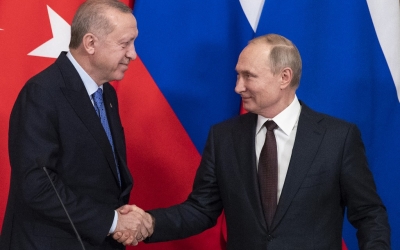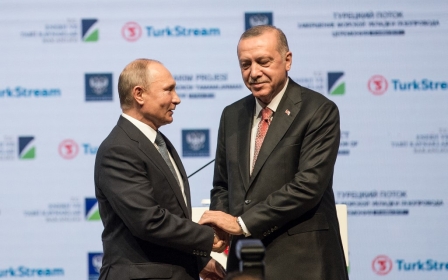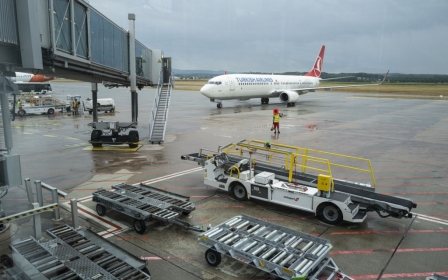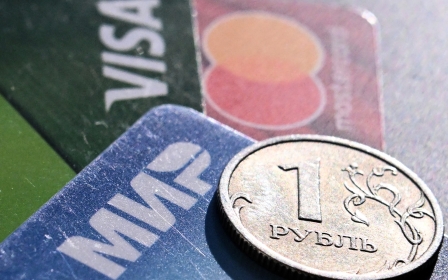Turkey rejects Russian annexation of Ukraine provinces
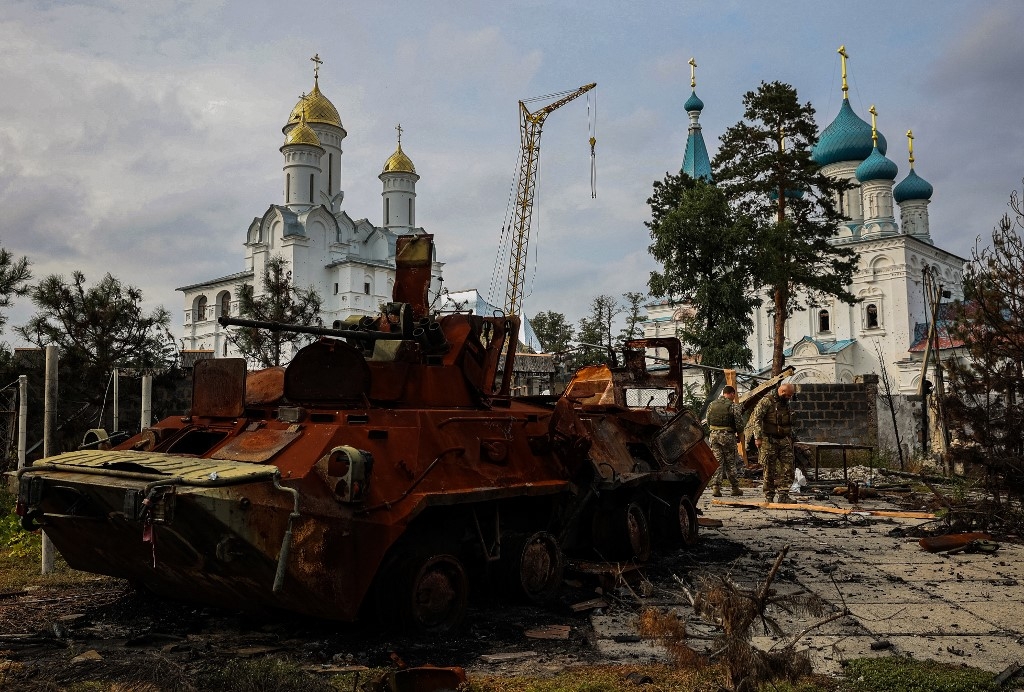
Turkey on Saturday said Russia's annexation of four Ukrainian provinces was a "grave violation" of international law and called for negotiations to end the conflict.
A foreign ministry statement said Ankara had not recognised Russia's annexation of Crimea in 2014 and held the same stance after Russia on Friday declared Lugansk, Donetsk, Kherson and Zaporizhzhia part of its territory after referendums that were slammed globally as sham.
"Turkey did not recognise Russia's annexation of Crimea in an illegitimate referendum in 2014 and has emphasised its strong support to Ukraine's territorial integrity, independence and sovereignty on every occasion," the ministry said.
It added that it rejected the latest annexation, "which constitutes a grave violation of the established principles of international law".
"We reiterate our support to the resolution of this war, the severity of which keeps growing, based on a just peace that will be reached through negotiations," the statement said.
New MEE newsletter: Jerusalem Dispatch
Sign up to get the latest insights and analysis on Israel-Palestine, alongside Turkey Unpacked and other MEE newsletters
Russian President Vladimir Putin proclaimed the annexation of the regions on Friday, promising Moscow would triumph in its "special military operation" even as he faced a potentially serious new military reversal.
His proclamation came after Russia held what it called referendums in occupied areas of Ukraine. Western governments and Kyiv said the votes breached international law and were coercive and non-representative.
The United States, Britain and Canada announced new sanctions in response.
Ukrainian President Volodymr Zelenskiy said on Friday his country had submitted a fast-track application to join the Nato military alliance and that he would not hold peace talks with Russia while Putin was still president.
Nato member Turkey has tried to stay neutral throughout the seven-month conflict and has refrained from joining western sanctions against Russia.
Ankara is dependent on Russian oil and gas, while Turkish President Recep Tayyip Erdogan is keen to boost trade with Moscow as he tries to stabilise a battered economy in the run-up to elections next June.
Erdogan met with Putin on the sidelines of a regional summit in Uzbekistan last month.
But Turkey is now weighing whether to stop processing transactions made using Russia's Mir payments system after receiving repeated warnings from the United States.
Washington has increased pressure on Turkish banks and businesses to comply with western sanctions against Russia, warning that Turkish entities risked being exposed to secondary sanctions themselves.
Middle East Eye delivers independent and unrivalled coverage and analysis of the Middle East, North Africa and beyond. To learn more about republishing this content and the associated fees, please fill out this form. More about MEE can be found here.


